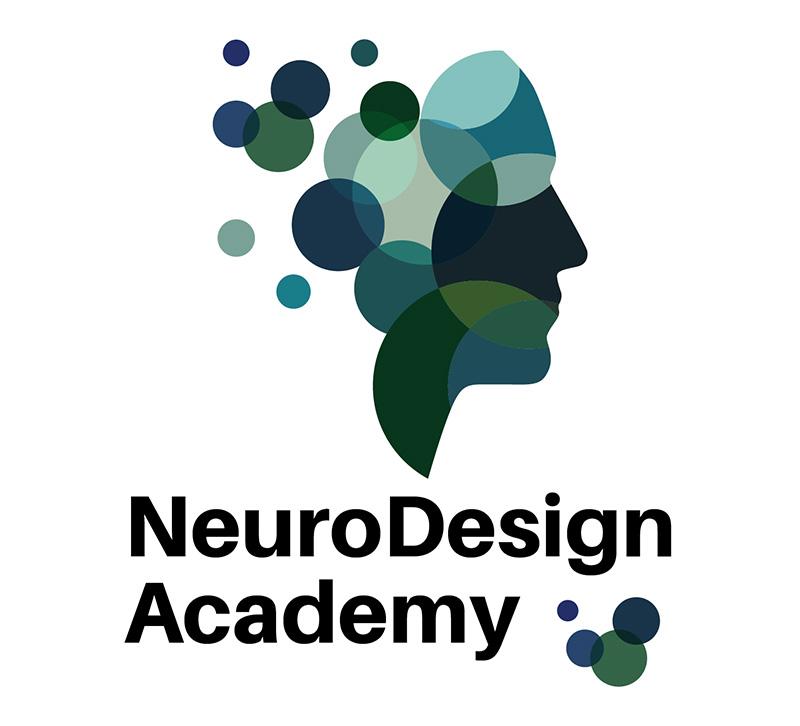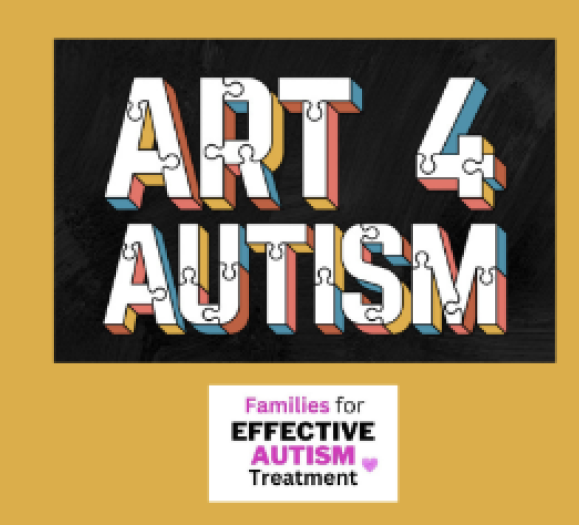Linda Kafka, WELL AP, has recently launched NeuroDesign Academy, a platform designed to help design professionals approach their craft in a new way by integrating neuroscience, design and science backed strategies.
Kafka says of the program: “NeuroDesign Academy is a new educational platform offering a variety of courses and access to research that are more than a learning experience — they are an investment in well-being.” The Academy is launching a series of micro courses starting in November 2024, with expanded course topics and workshops in January 2025 that Explore the Future of Design with a focus on designing for the non-conscious mind. The NeuroDesign Academy’s educational courses share factual and proven critical studies that show that up to 80 - 90 percent of health outcomes are determined by our homes and the built environment. Since homes are our most significant investment, we should promote their health and well-being.According to the Global Wellness Institute, wellness real estate is one of the fastest-growing sectors reaching $580 billion dollars in 2024.
Kafka shared, “At the NeuroDesign Academy, we champion the principle of ‘Form Follows Feeling,’ blending science, nature, beauty and emotion to craft spaces that resonate deeply with individuals.” Kafka went on to explain how her organization helps educate a wide range of design and trade professionals on the benefits to The Neuroscience of Design.
NeuroDesign Academy’s education platform offers comprehensive, easily accessible online, self-paced courses that are designed to empower interior designers, architects, retailers, product designers, manufacturers and sales professionals with a greater understanding of how human-centered design can support well-being. Leading scholar and neuroscience expert, Susan Magsamen, Director of IAM Labs at Johns Hopkins University, explains how important it is to the design and trade community to have a larger understanding of human biology. “Our brains and bodies are always sensing and interpreting the world around us," she says. "And we know that the design of spaces impacts our biology. The opportunity to use this knowledge, to design and create intentional spaces that support our health and well-being — that is the future of design.”
NeuroDesign is the study and the application of how design elements interact with the human brain to influence emotional, cognitive and physiological responses. This multidisciplinary field combines principles from neuroscience, psychology and design to create environments that enhance human well-being, performance and overall experience. By focusing on how environments affect emotions and cognition, NeuroDesign goes beyond aesthetics, providing designers with the tools to shape spaces that positively impact the overall human experience.Dr. Colin Ellard, Professor of Neuroscience, University of Waterloo, states, “There’s a lot of science in ensuring that a building doesn’t fall down. There are certain basic principles of physics that you have to follow. I would say that it is the same thing with human science. There are certain underlying principles of human biology and neuroscience that suggest how we ought to build and design.”
Through these new courses and a growing community, professionals can dive into neurodesign and learn how to create spaces that evoke positive emotional responses. Participants will explore biophilic design techniques that seamlessly integrate nature into projects. They will also discover salutogenic principles that promote holistic well-being through physical activity and social interaction. On the rise is neurodiversity, where learning focuses on the idea that everyone is different and spaces need to reflect individualism and not be a carbon copy of what is trending.
“More than ever, design professionals are turning to science to transform how we experience our everyday spaces. Our mission is to educate the design and trade communities on how to create environments that evoke positive emotions, reduce stress, improve cognitive function, increase joy and comfort and positively influence individual well-being,” Kafka said.
At NeuroDesign Academy, the curriculum teaches design pros to look beyond aesthetics, focusing on the non-conscious effects of design elements. From neuroscience to the science of sound, light, color, smell, textures, patterns, sleep and more, this program is designed to provide the expertise to share knowledge on why and how to create better environments. This scientific approach ensures that every design element contributes to human health, well-being, and happiness.
Kafka shared, “We understand that human biology plays a crucial role in design and that we all need to be aware of how the built environment influences our physiological responses. Through the integration of biological knowledge into design we can demonstrate the value designers offer to consumers for the creation of spaces that can significantly improve human health outcomes.”
NeuroDesign Academy currently offers a course on the Foundations in Science of Design. Revised from the original course launched in 2022, this updated version provides certification and carries 18 CEU credits, of which 10.5 are Health Safety Welfare accredited. Written by industry experts in neurosciences, environmental psychologists, cognitive architects and related fields, this course equips professionals in the built environment. The modules provide knowledge to apply scientific principles to design processes, ensuring that spaces are both beautiful and optimized for human well-being. NeuroDesign Academy's goal is to set a new standard in the design industry for integrating science and design, focused on supporting and elevating the design process.
For more information about courses or to enroll, visit NeuroDesign Academy.







